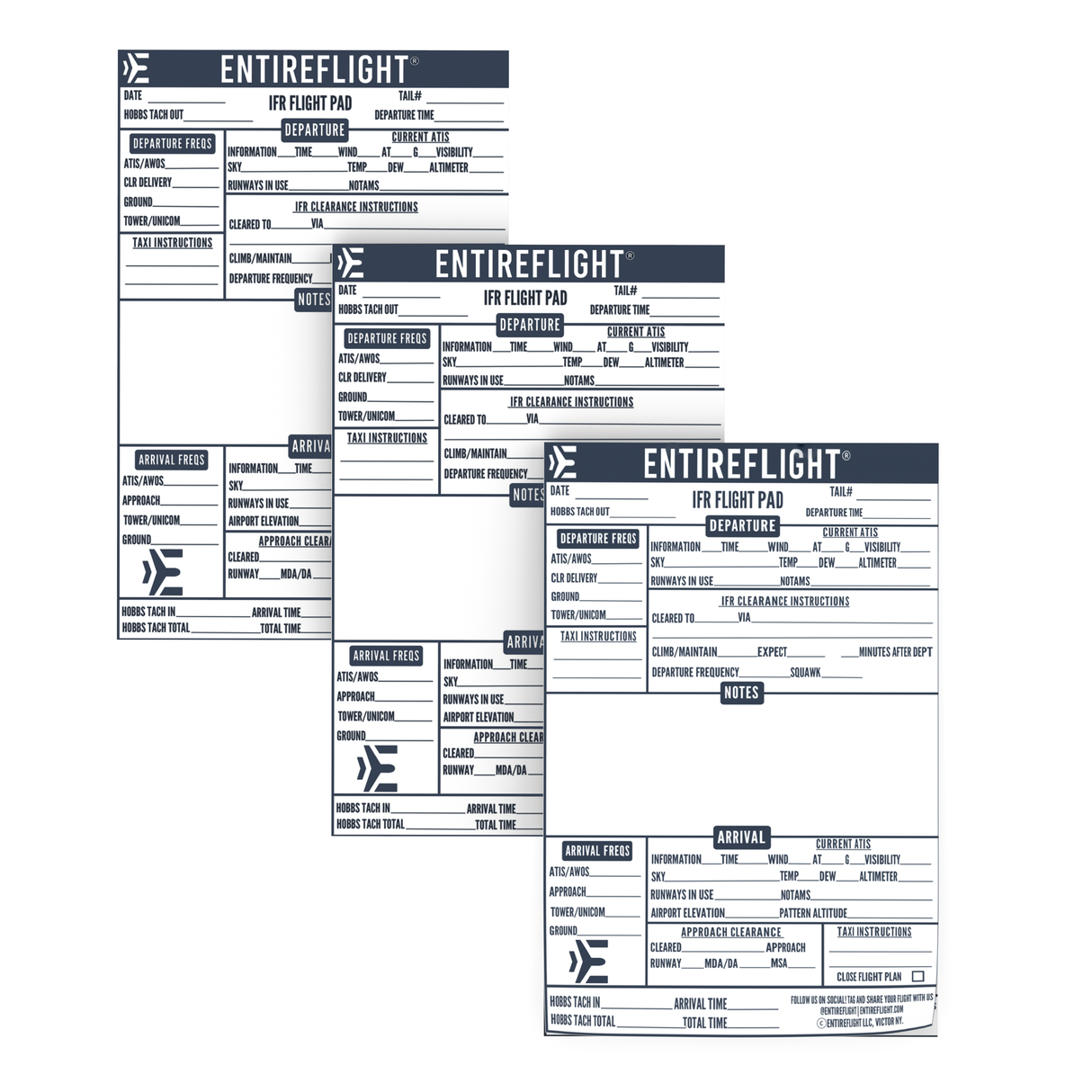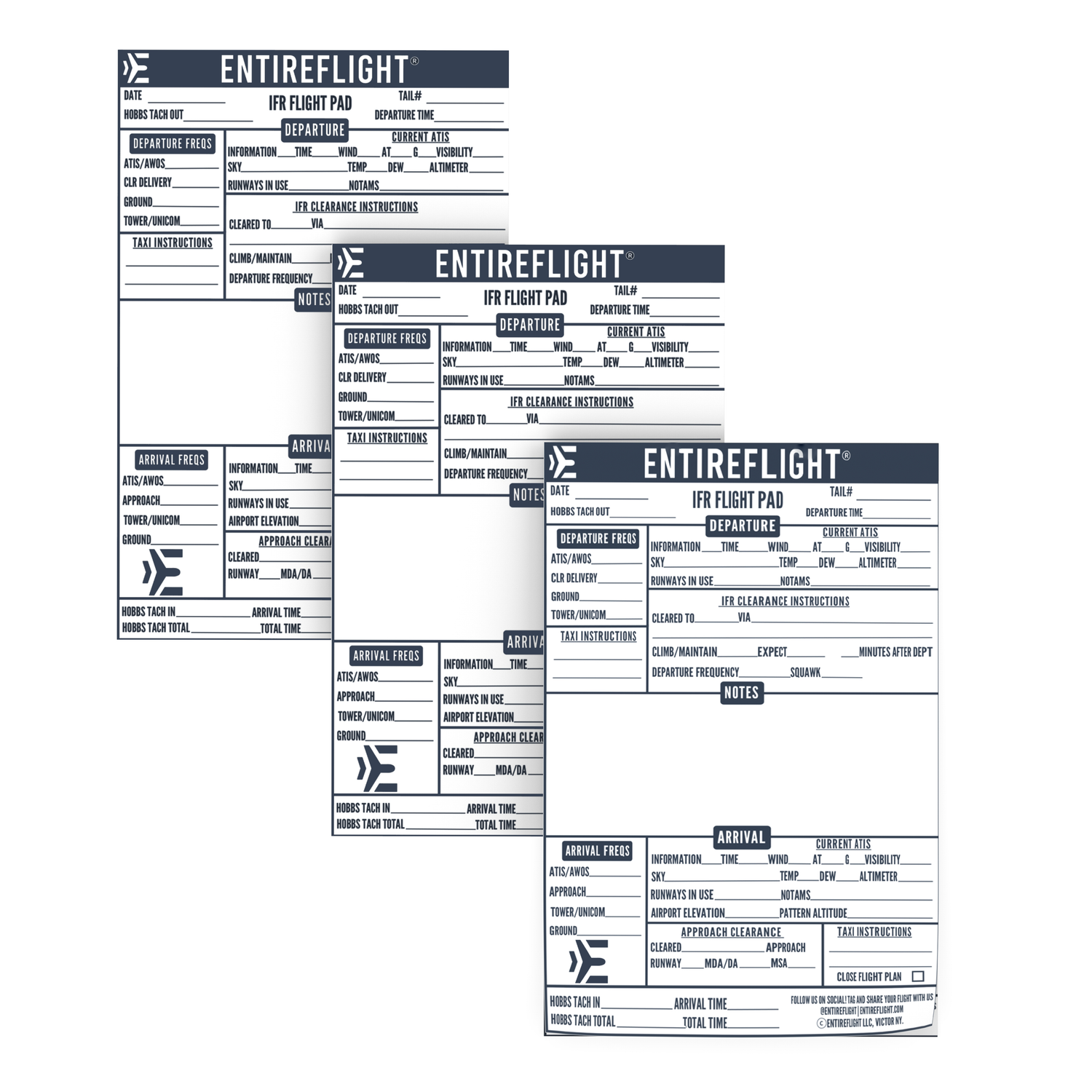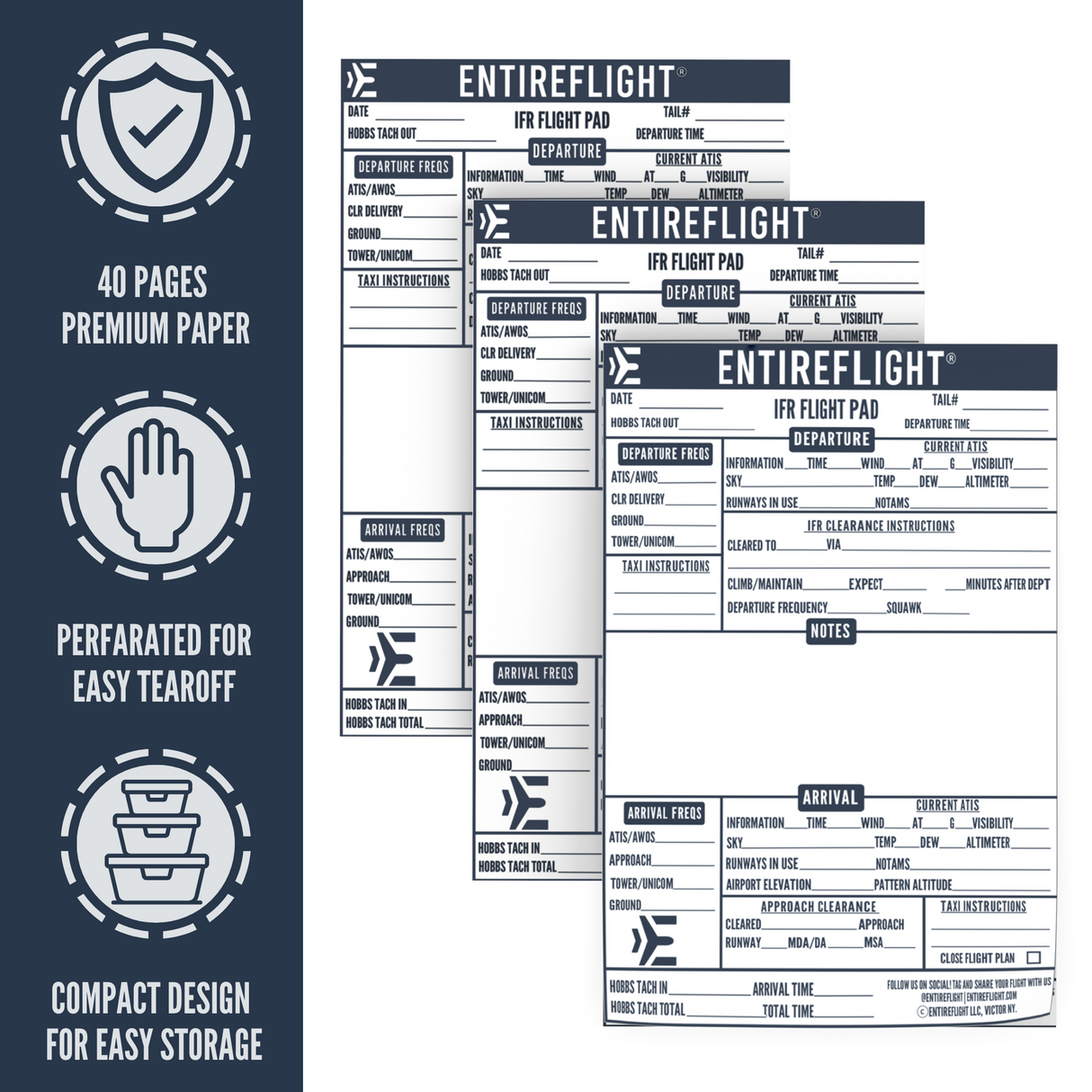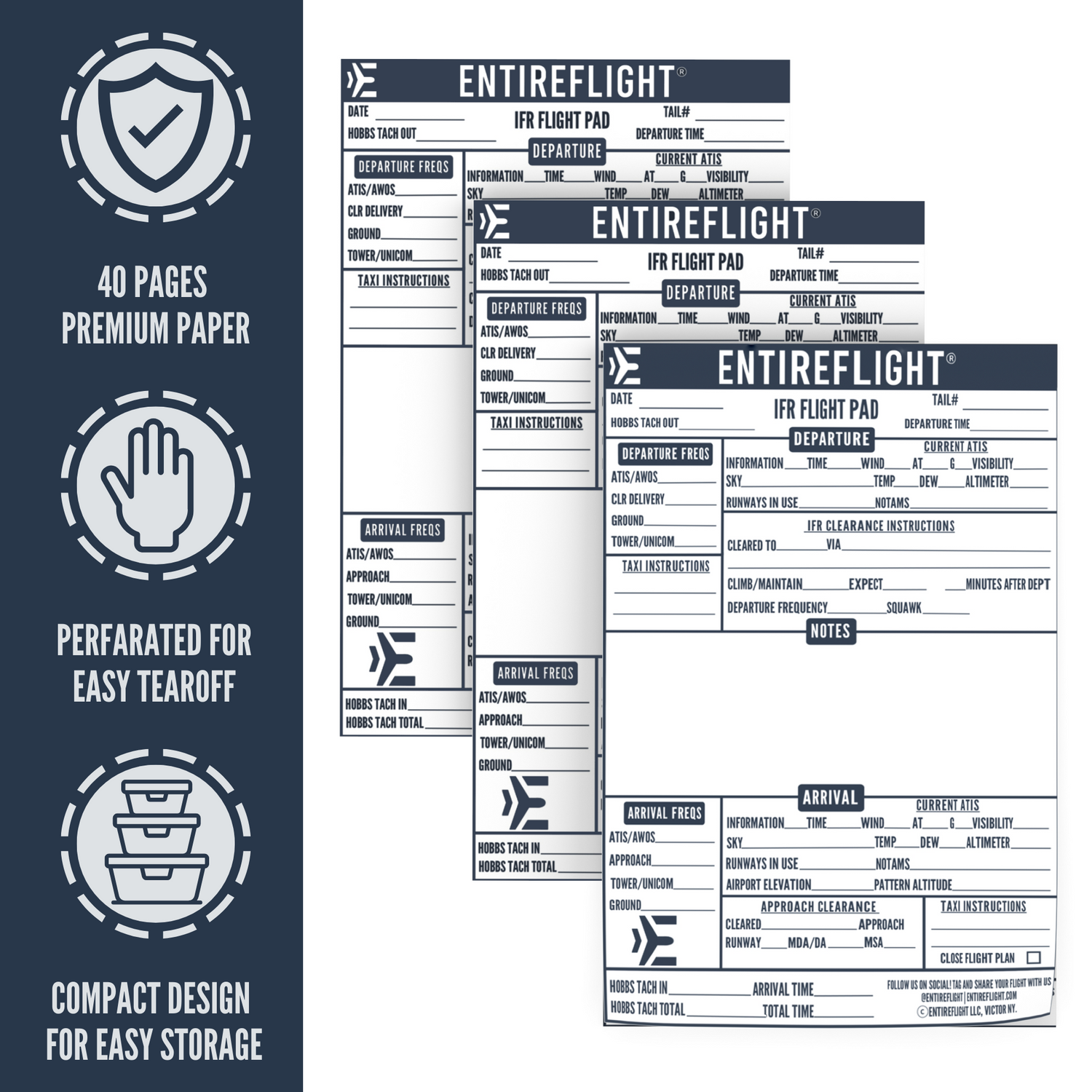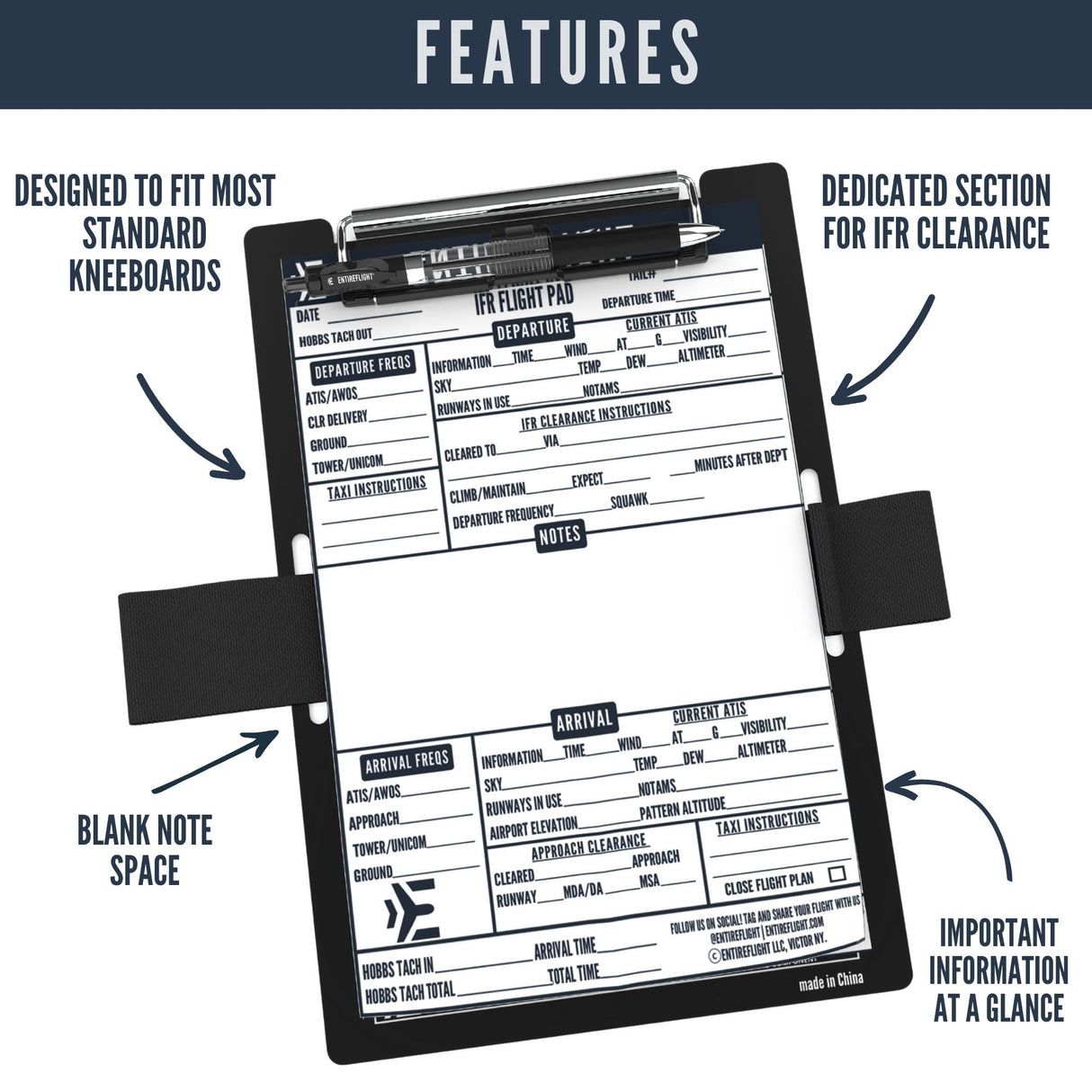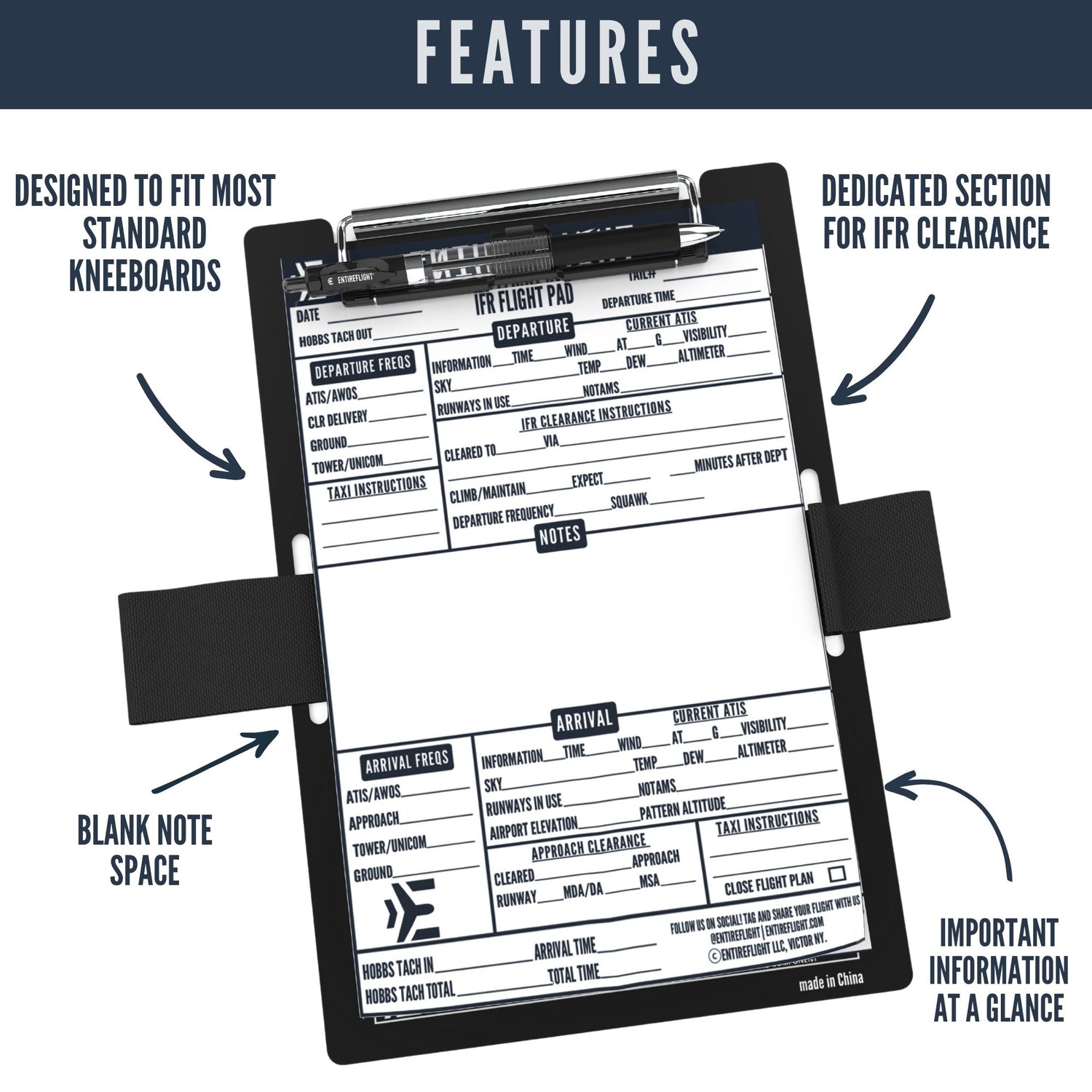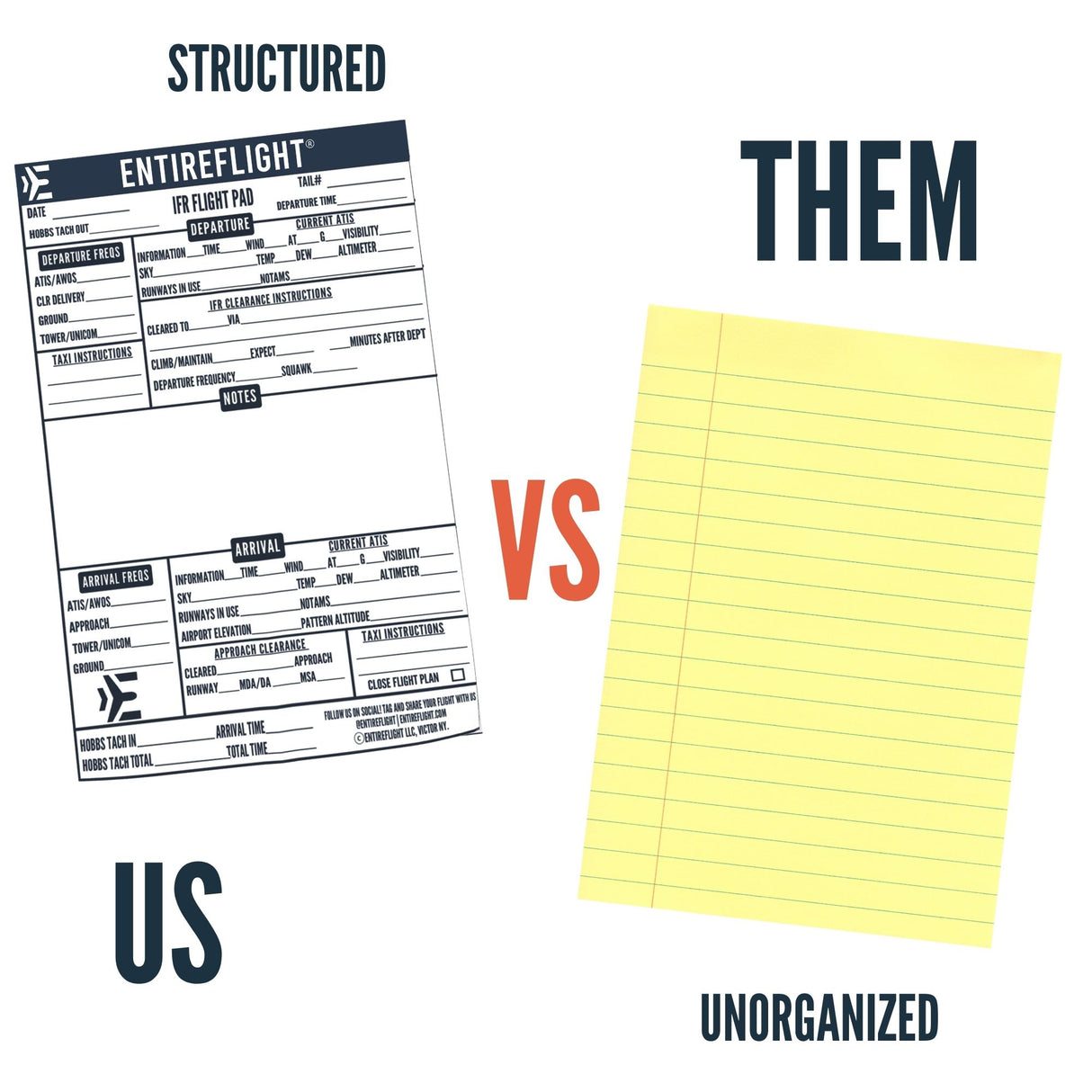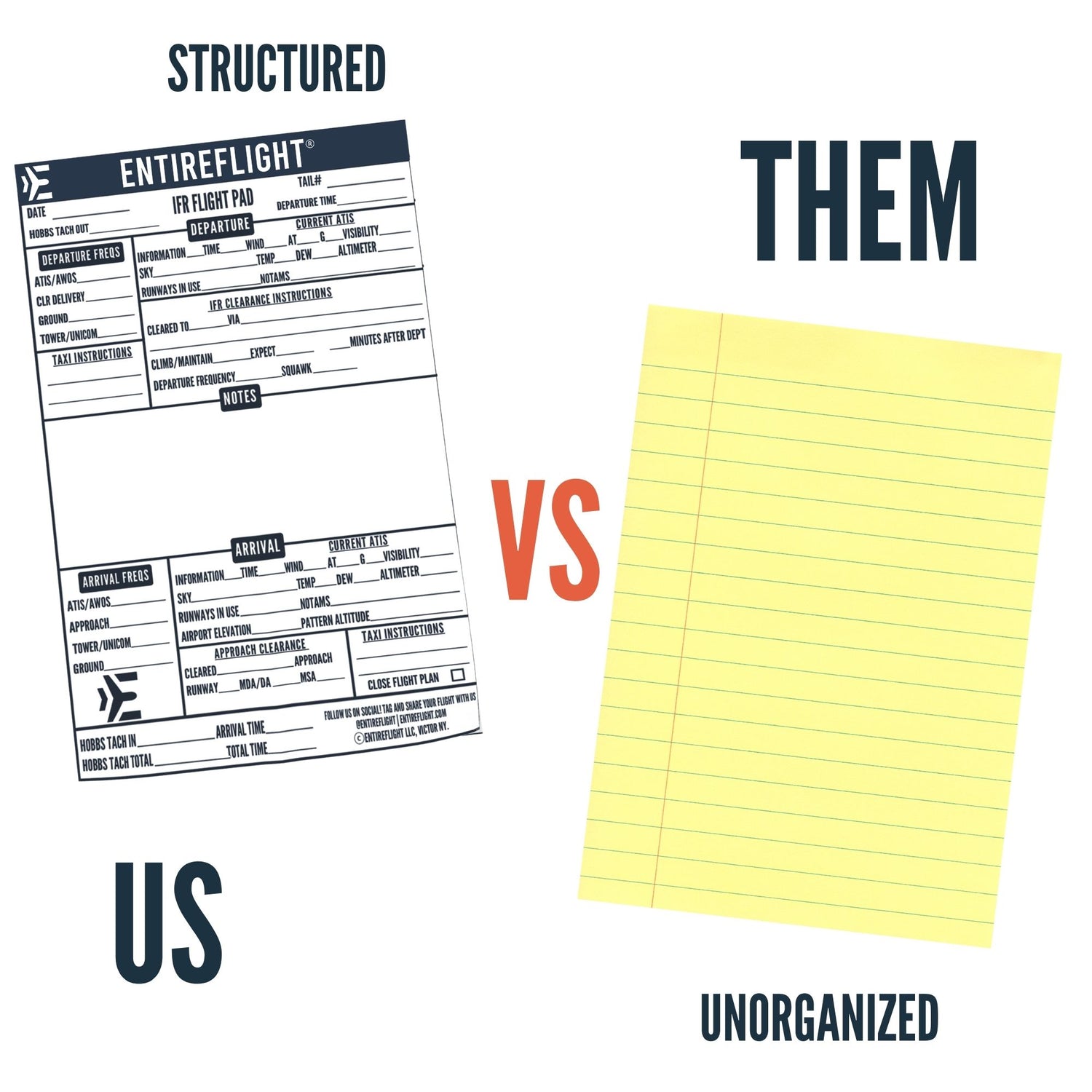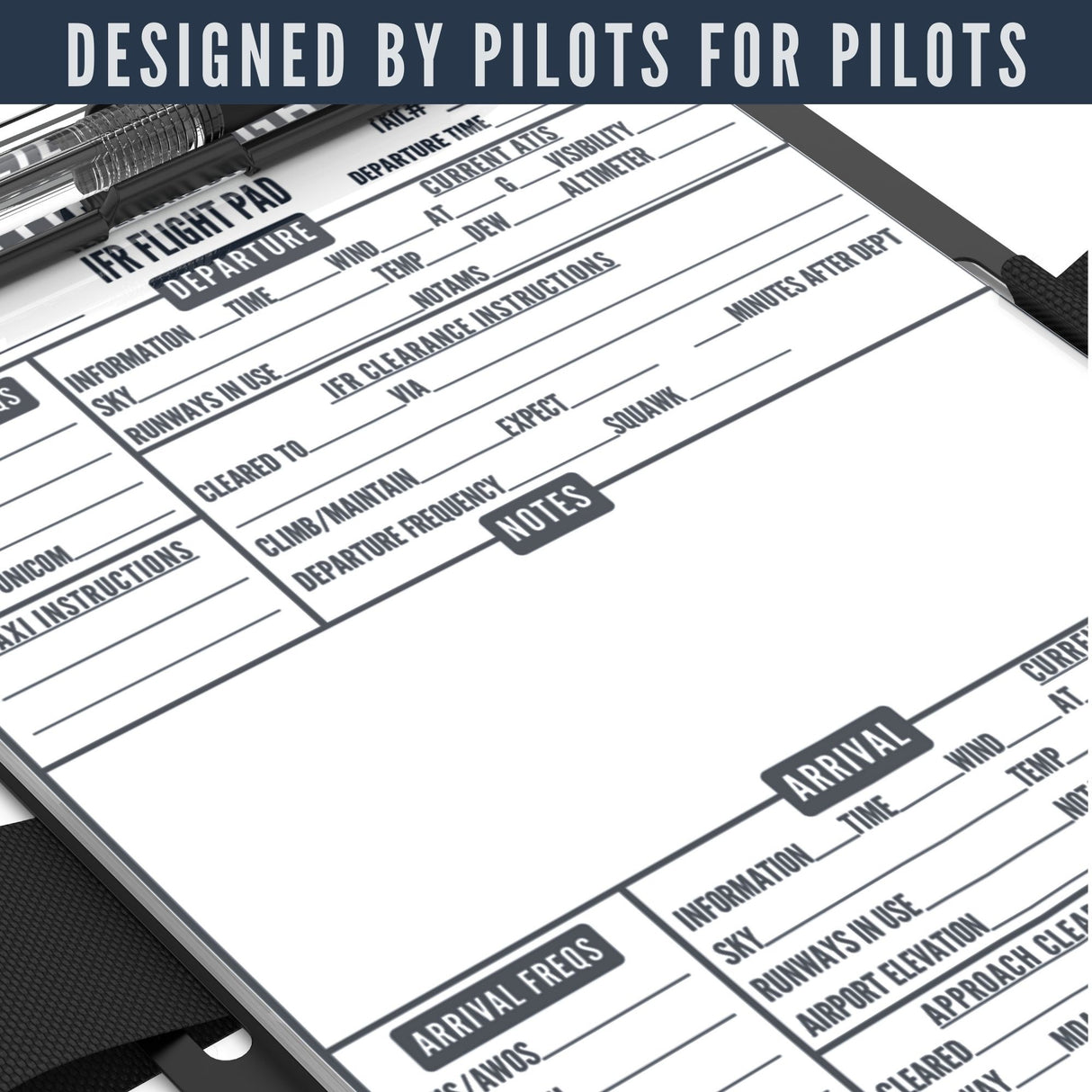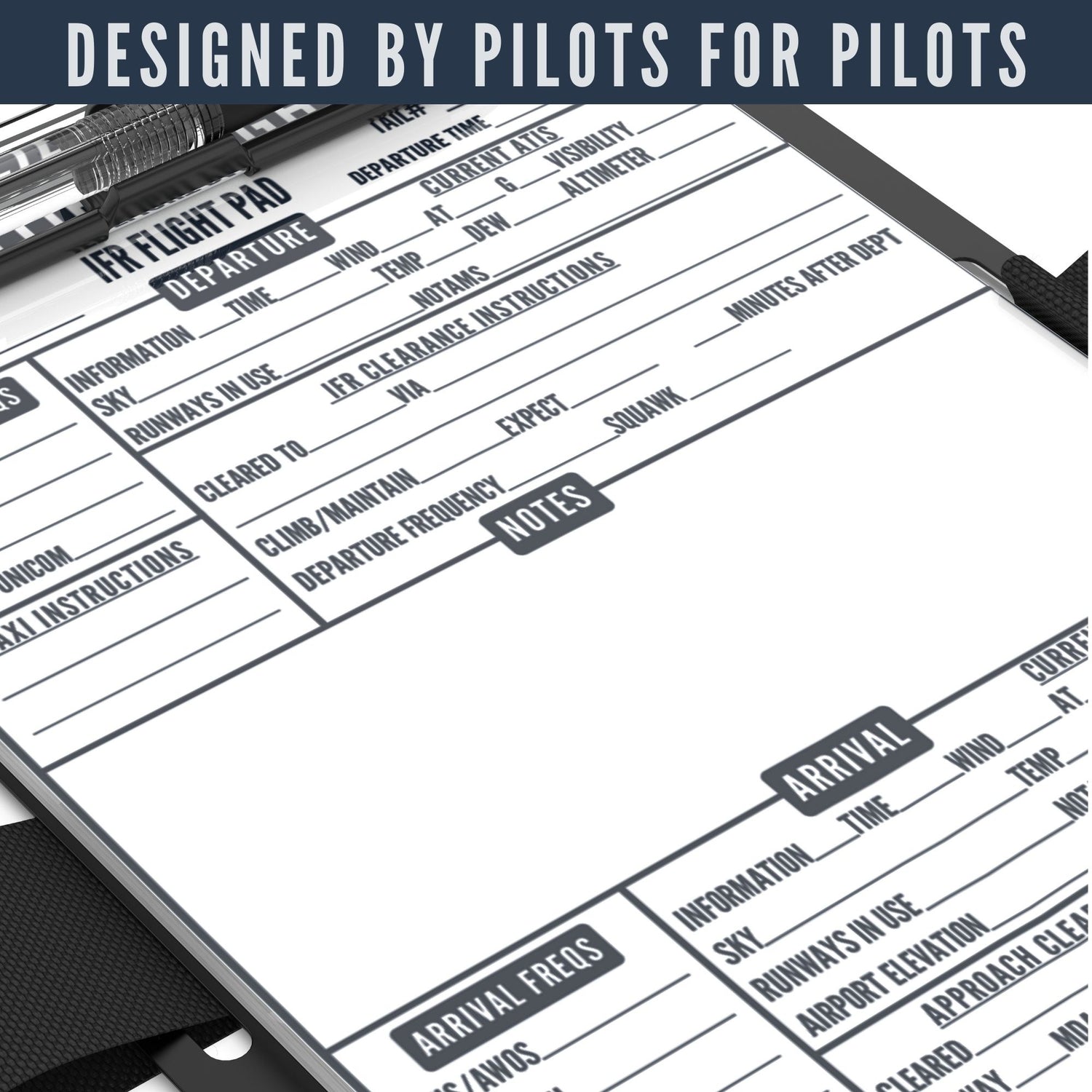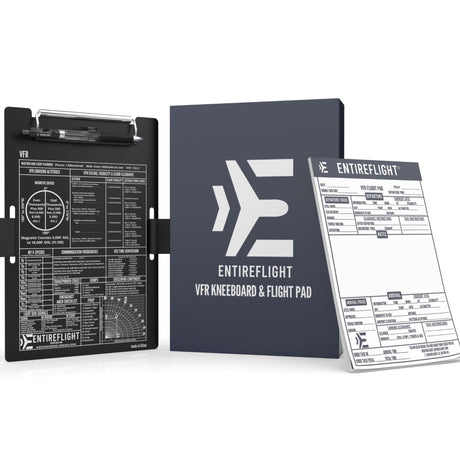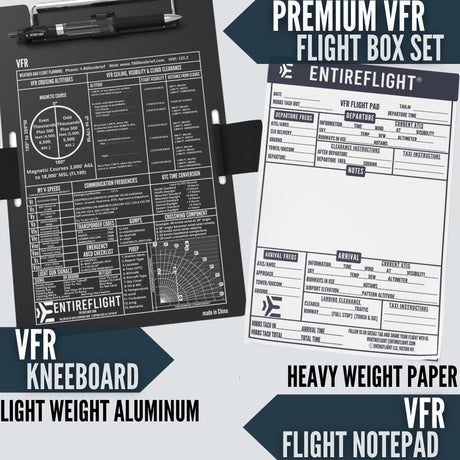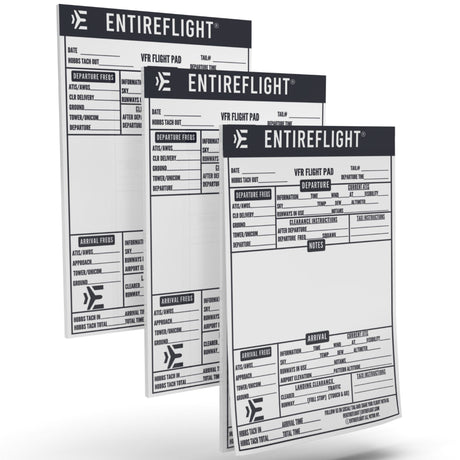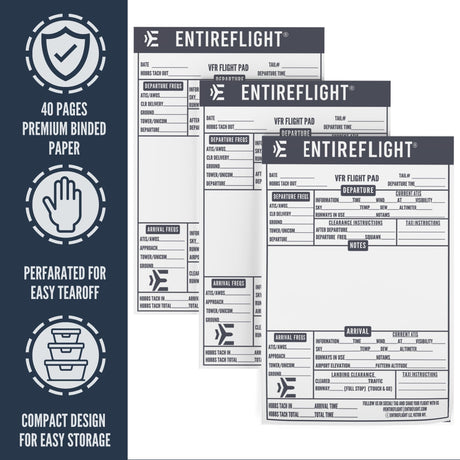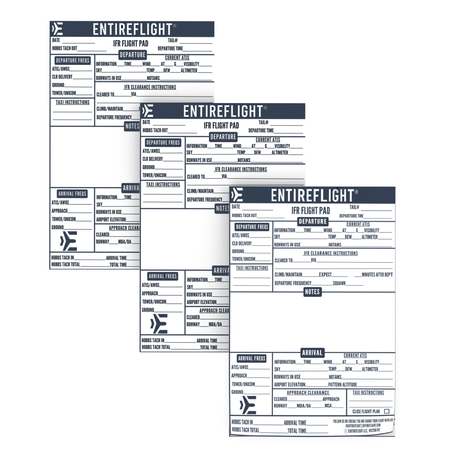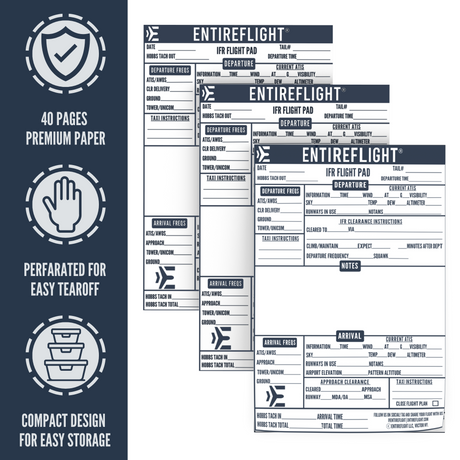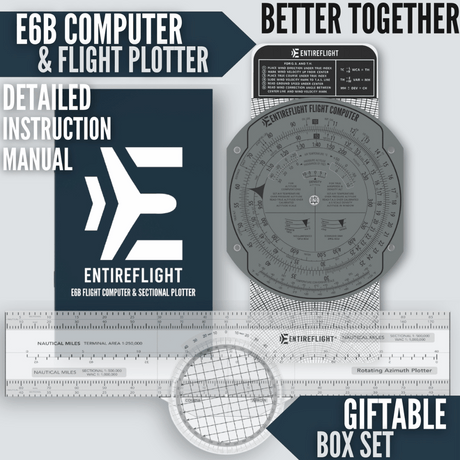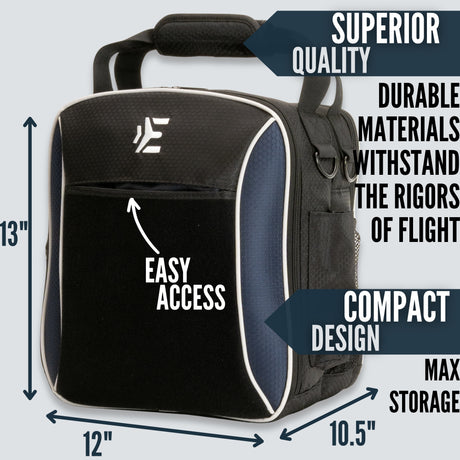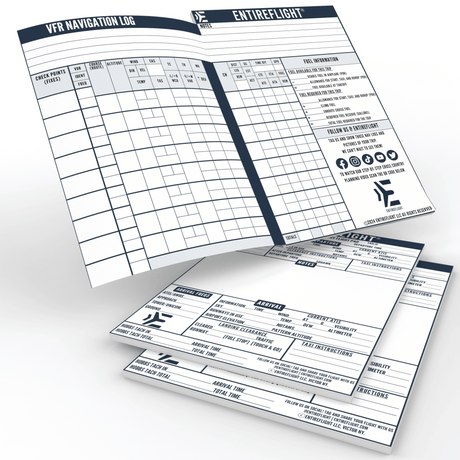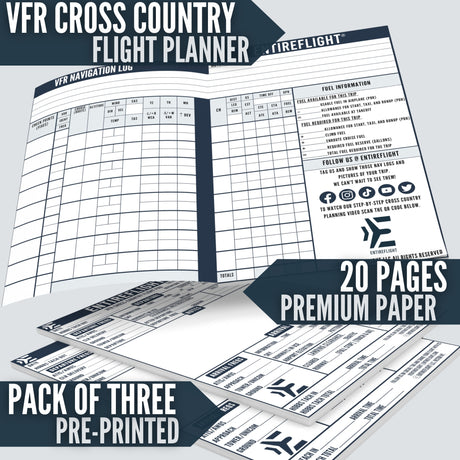If you've ever dreamed of traveling around the world, meeting new people, and getting paid for it, then becoming a flight attendant might be the perfect job for you. The best part? You don't need any previous experience to get started. That's right, you can become a flight attendant with no experience!
Many airlines are looking for entry-level flight attendants, and they're willing to train you from scratch. All you need is a high school diploma or GED, and you're good to go. Of course, there are some specific skills and qualities that airlines are looking for in their flight attendants, such as excellent communication skills, patience, and the ability to remain calm under pressure. But don't worry, we'll cover all of that in this guide.
In this article, we'll walk you through the steps you need to take to become a flight attendant with no experience. We'll cover the skills and qualities you need to have, the requirements you'll need to meet, and the training you'll need to complete. By the end of this guide, you'll have a clear understanding of what it takes to become a flight attendant, and you'll be ready to take the first steps towards your dream job.
Understanding the Role of a Flight Attendant
Becoming a flight attendant is an exciting career path that allows you to travel the world while providing exceptional customer service and ensuring the safety of passengers. As a flight attendant, you will be responsible for a variety of tasks, from serving food and drinks to handling emergency situations.
One of the most important aspects of being a flight attendant is ensuring the safety of passengers. You will receive extensive training on safety procedures, including how to evacuate the aircraft in the event of an emergency, how to use safety equipment, and how to provide first aid. Your role in ensuring the safety of passengers cannot be overstated, and it is a vital part of your job.
In addition to safety responsibilities, flight attendants are also responsible for providing excellent customer service to passengers. This includes serving food and drinks, answering questions, and ensuring that passengers are comfortable throughout the flight. You will need to have excellent communication skills and be able to remain calm and patient in stressful situations.
As a flight attendant, you will have the opportunity to travel the world and see new places. However, it's important to remember that this job also comes with long hours and irregular schedules. You will need to be able to adapt to changing time zones and work well under pressure.
Overall, the role of a flight attendant is a challenging and rewarding career path that requires a unique set of skills and abilities. If you are passionate about travel, customer service, and safety, becoming a flight attendant may be the perfect career path for you.
Eligibility and Requirements
To become a flight attendant with no experience, you must meet certain eligibility requirements. Here are some of the most common requirements:
- Age: Most airlines require you to be at least 18 years old, but some may require you to be 19 or 20. Check with individual airlines for their specific age requirements.
- Education: A high school diploma or equivalent is generally required to become a flight attendant. Having a college degree is a bonus, but not always necessary.
- Vision: You must have correctable vision to at least 20/40. This means that you must be able to see clearly with glasses or contact lenses if you have poor eyesight.
- Height: You must be tall enough to reach overhead compartments. The minimum height requirement varies by airline, but it is usually around 5'2".
- Weight: Some airlines have weight requirements for flight attendants. Make sure to check with the airline you are interested in to see if they have any specific weight requirements.
- Tattoos: Visible tattoos are generally not allowed for flight attendants. If you have any visible tattoos, you may need to cover them up while on duty.
- Passport: You must have a valid passport in order to become a flight attendant. If you do not have a passport, you will need to apply for one before applying for a flight attendant position.
In addition to these requirements, you will also need to pass a background check and drug screen. Airlines want to make sure that their flight attendants are trustworthy and reliable, so they will check your criminal and employment history. If you have any red flags on your record, it may be difficult to get hired as a flight attendant.
Overall, becoming a flight attendant with no experience is possible if you meet the eligibility requirements and are willing to put in the effort to get hired. Keep in mind that competition for flight attendant positions can be fierce, so it is important to make sure that you stand out from the crowd by highlighting your skills and qualifications.
Building Relevant Skills
If you don't have any prior experience in the airline industry, you'll need to focus on building relevant skills. Here are some skills that can help you become a successful flight attendant:
Customer Service
As a flight attendant, you'll be interacting with passengers throughout the flight. You'll need to be friendly, patient, and able to handle difficult situations with ease. If you've worked in a customer service role before, you likely already have some of the skills necessary to excel in this role.
Communication
Communication is key in any customer-facing role, and flight attendants are no exception. You'll need to be able to communicate clearly and effectively with passengers, as well as with other members of the flight crew. This includes being able to speak clearly and confidently, as well as being able to listen actively to what others are saying.
Attention to Detail
As a flight attendant, you'll need to pay close attention to details, such as safety procedures and passenger needs. This means being able to multitask and prioritize effectively, as well as being able to spot potential issues before they become problems.
Sales
Many airlines offer in-flight sales to passengers, such as food, drinks, and duty-free items. If you have sales experience, this can be a valuable skill to have as a flight attendant. You'll need to be able to upsell products and make recommendations to passengers in a way that is friendly and non-intrusive.
Hospitality
Flight attendants are responsible for creating a welcoming and comfortable environment for passengers. This means being able to anticipate their needs and provide excellent service throughout the flight. If you have experience working in the hospitality industry, this can be a valuable skill to have as a flight attendant.
Customer Service Experience
If you have prior customer service experience, this can be a valuable asset when applying for flight attendant positions. Be sure to highlight any relevant experience on your resume and cover letter, and emphasize how your skills can be applied to the role of a flight attendant.
Communication Skills
Strong communication skills are essential for flight attendants. You'll need to be able to communicate effectively with passengers, as well as with other members of the flight crew. This includes being able to speak clearly and confidently, as well as being able to listen actively to what others are saying.
By building these skills, you can increase your chances of landing a job as a flight attendant, even if you don't have any prior experience in the airline industry.
Creating an Impressive Resume
When it comes to applying for a flight attendant position, creating an impressive resume is crucial, especially if you have no prior experience in the field. Your resume will be the first impression that a hiring manager will have of you, so it's important to make it stand out.
Highlight Your Skills and Qualifications
Even if you don't have any direct flight attendant experience, you likely have skills and qualifications that make you a strong candidate for the job. Make sure to highlight these skills on your resume. For example, if you have experience working in customer service, this is a valuable skill for a flight attendant position. Similarly, if you have experience working in a fast-paced environment, this is another skill that will be valuable in a flight attendant role.
Emphasize Your Education
While flight attendant positions don't typically require a specific degree, having a degree can make you stand out from other candidates. If you have a degree, make sure to include it on your resume. Additionally, if you have taken any courses or training related to customer service or hospitality, be sure to include those as well.
Use a Clean and Professional Format
Your resume should be easy to read and follow. Use a clean and professional format, with clear headings and bullet points. Avoid using too many colors or fonts, as this can make your resume look cluttered and unprofessional.
Tailor Your Resume to the Job Description
When applying for a flight attendant position, it's important to tailor your resume to the specific job description. Read through the job description carefully, and make sure to include any relevant skills or qualifications that the employer is looking for. This will show the employer that you have taken the time to understand the job requirements and are a good fit for the position.
Include Contact Information
Make sure to include your contact information on your resume, including your email address and phone number. This will allow the employer to get in touch with you if they are interested in scheduling an interview.
Overall, creating an impressive resume is an important step in becoming a flight attendant, even if you have no prior experience in the field. By highlighting your skills and qualifications, emphasizing your education, using a clean and professional format, tailoring your resume to the job description, and including your contact information, you can create a resume that stands out to potential employers.
The Application Process
Becoming a flight attendant with no experience requires you to go through a rigorous application process. Here are the steps you need to follow:
Step 1: Research Airlines
The first step to becoming a flight attendant is to research airlines that are currently hiring. Look for airlines that fit your criteria, such as location, pay, and benefits. You can find this information on the airlines' websites or on job search websites like Indeed or Glassdoor.
Step 2: Submit Your Application
Once you have found the airlines you want to apply to, submit your application online. Make sure you include all the required information, such as your contact information, work experience, and education. Some airlines may also require you to submit a cover letter and a resume.
Step 3: Background Check and Drug Test
After you submit your application, you will need to undergo a background check and a drug test. Airlines want to make sure they are hiring trustworthy individuals who can handle the responsibility of being a flight attendant. The background check will look at your criminal history, credit history, and employment history. The drug test will check for illegal substances in your system.
Step 4: Video Interview
If your application passes the background check and drug test, you will be invited to a video interview. The video interview is usually conducted online and consists of a series of questions that you need to answer on camera. Make sure you dress professionally and prepare for the interview by researching the airline and practicing your answers.
Step 5: In-Person Interview
If you pass the video interview, you will be invited to an in-person interview. This is your chance to meet the airline's hiring team and show them why you would make a great flight attendant. The in-person interview may consist of a group interview, a one-on-one interview, and a skills test.
Step 6: Training
If you pass the in-person interview, you will be offered a job as a flight attendant and will need to undergo training. The training typically lasts several weeks and covers topics like safety procedures, customer service, and emergency situations. Once you complete the training, you will be ready to start your career as a flight attendant.
Remember, the application process can be competitive, so make sure you stand out by highlighting your strengths and showing your passion for the job. Good luck!
Preparing for the Interview
Congratulations on getting an interview for a flight attendant position! Now it's time to prepare yourself for the next step. Here are some tips to help you ace the interview:
Research the Airline
Before the interview, research the airline you are applying to. Look up their history, their mission statement, and their values. This will help you understand the company culture and show that you are genuinely interested in working for them.
Dress Professionally
First impressions are important, so dress professionally for the interview. Wear a suit or a business dress and make sure your clothes are clean and ironed. Avoid wearing anything too flashy or revealing. Remember, you are applying for a professional job, so dress the part.
Pay Attention to Appearance
As a flight attendant, appearance is important. Make sure your hair is neatly styled, and your nails are clean and well-manicured. Avoid wearing too much makeup or strong fragrances. Keep your jewelry to a minimum and wear closed-toe shoes.
Be Prepared for Questions
During the interview, you will be asked a variety of questions. Be prepared to answer questions about your work experience, your strengths and weaknesses, and your customer service skills. You may also be asked scenario-based questions to test your problem-solving skills.
Practice Your Interview Skills
Practice your interview skills with a friend or family member. This will help you feel more comfortable and confident during the actual interview. Pay attention to your body language and tone of voice. Make sure you maintain eye contact and speak clearly and confidently.
Conclusion
Preparing for a flight attendant interview can be nerve-wracking, but with the right preparation, you can ace it! Research the airline, dress professionally, pay attention to your appearance, be prepared for questions, and practice your interview skills. Good luck!
Undergoing Training
Once you have been hired as a flight attendant, you will undergo a comprehensive training program that will prepare you for your role in ensuring the safety and comfort of passengers on board. The training program usually lasts for several weeks and covers a wide range of topics, including safety procedures, first aid, and customer service.
During the training program, you will learn about the different types of aircraft, their features, and emergency procedures. You will also learn about the different safety equipment on board, including oxygen masks, life vests, and emergency slides. You will be taught how to operate these equipment and how to respond to different types of emergencies.
In addition to safety procedures, you will also learn about customer service and how to interact with passengers. You will learn how to handle different types of passengers, including those with special needs or language barriers. You will also learn how to provide assistance with luggage, food, and drinks.
The training program will also include a certification in first aid and CPR. Flight attendants are often the first responders in case of a medical emergency on board, so it is important to be prepared to handle such situations. You will learn how to assess a passenger's condition, provide basic first aid, and administer CPR if necessary.
Overall, the training program is designed to equip you with the knowledge and skills necessary to perform your duties as a flight attendant. It is important to take the training seriously and pay close attention to the details, as your role is crucial in ensuring the safety and comfort of passengers on board.
Navigating the Job
Becoming a flight attendant with no experience can be a challenging yet rewarding career choice. Once you have landed the job, navigating the role can be a bit overwhelming at first. This section will provide you with some guidance on how to navigate the job as a flight attendant.
Career Growth
As a flight attendant, your career growth will depend on the airline you work for, your performance, and seniority. The more years you work as a flight attendant, the more seniority you will gain. Seniority is important because it determines your schedule, pay, and the routes you fly. With more experience, you may be able to apply for a position as a purser or even become a trainer for new flight attendants.
Boarding and Turbulence
Boarding can be a hectic and stressful time for both passengers and flight attendants. It is important to remain calm and professional during this time. As a flight attendant, you will also need to be prepared to handle turbulence. Make sure to secure the cabin and let the passengers know when it is safe to move around the cabin.
Stressful Situations
Flight attendants are trained to handle stressful situations such as medical emergencies, unruly passengers, and even security threats. It is important to stay calm and follow the proper procedures in these situations. Remember that your main priority is the safety and well-being of the passengers.
Communication
Effective communication is key to being a successful flight attendant. You will need to communicate with your fellow flight attendants, pilots, and passengers. Make sure to speak clearly and professionally at all times. It is also important to listen actively and respond appropriately to any questions or concerns.
Appearance
As a flight attendant, you will be representing the airline you work for. It is important to maintain a professional appearance at all times. This includes wearing the proper uniform, keeping your hair and makeup neat, and maintaining good personal hygiene.
Overall, navigating the job as a flight attendant can be challenging, but with the right mindset and training, it can also be incredibly rewarding. Remember to stay calm, professional, and always prioritize the safety and well-being of the passengers.
Understanding the Perks and Challenges
Becoming a flight attendant can be an exciting and rewarding career. It offers flexibility, great pay, and amazing benefits. However, it is important to understand both the perks and challenges of the job before pursuing it as a career.
Perks
Salary and Benefits
The average yearly salary for a U.S. flight attendant as of August 2023 is $38,618. While this may not seem like a lot, it is important to note that flight attendants receive additional compensation such as per diems, bonuses, and profit sharing. Additionally, many airlines offer health insurance, retirement plans, and travel benefits to their employees.
Free Flights
One of the biggest perks of being a flight attendant is the ability to travel for free or at a discounted rate. This is a great opportunity to explore new places and cultures, and can be especially beneficial for those with a love for travel.
Flexibility
Flight attendants have the ability to work both full-time and part-time, and can often choose their schedules based on their availability. This flexibility can be especially beneficial for those with families or other obligations outside of work.
Challenges
Irregular Schedules
While the flexibility of the job can be a perk, it can also be a challenge. Flight attendants often work irregular schedules, including nights, weekends, and holidays. This can make it difficult to maintain a consistent routine or have a work-life balance.
Spouse and Family
The irregular schedules can also be challenging for spouses and families. It can be difficult to plan events or vacations, and may require additional support from family members or childcare services.
Work Environment
Flight attendants work in a fast-paced and sometimes stressful environment. They are responsible for the safety and comfort of passengers, and must be able to handle emergency situations calmly and efficiently.
In conclusion, becoming a flight attendant can be a great career choice for those who enjoy travel, flexibility, and working in a fast-paced environment. However, it is important to understand both the perks and challenges of the job before pursuing it as a career.
Additional Resources
Now that you have a basic understanding of how to become a flight attendant with no experience, it's time to explore additional resources that can help you succeed in your career. These resources can provide you with valuable information, training, and networking opportunities that can help you stand out from other candidates and excel in your role as a flight attendant.
Training Programs
While it's not necessary to have formal training to become a flight attendant, completing a training program can give you a competitive edge in the job market. These programs can teach you valuable skills such as emergency procedures, customer service, and communication. Some training programs even provide you with the opportunity to practice your skills in a simulated airplane environment.
Here are some popular flight attendant training programs:
- The Travel Academy Flight Attendant School
- Airline Academy
- Flight Attendant Career Training
- Beyond and Above Corporate Flight Attendant Training
Associations and Organizations
Joining a flight attendant association or organization can provide you with access to valuable resources, networking opportunities, and industry events. These groups can also help you stay up-to-date on industry trends and news.
Here are some popular flight attendant associations and organizations:
- Association of Flight Attendants (AFA)
- International Association of Flight Attendants (IFAA)
- National Association of Airline Passengers (NAAP)
- Airline Ambassadors International (AAI)
Aviation Industry Resources
In addition to flight attendant-specific resources, there are also a variety of aviation industry resources that can help you succeed in your career. These resources can provide you with information on industry trends, job openings, and professional development opportunities.
Here are some popular aviation industry resources:
- Aviation Week
- FlightGlobal
- AirlineGeeks
- AeroTime News
By utilizing these additional resources, you can enhance your knowledge and skills as a flight attendant and increase your chances of success in the aviation industry.
Frequently Asked Questions
What are the best airlines for flight attendants to work for?
Some of the best airlines for flight attendants to work for include Delta Airlines, Southwest Airlines, and Emirates. These airlines offer competitive pay, good benefits, and opportunities for career advancement.
How can I become a flight attendant with no experience?
To become a flight attendant with no experience, you can start by researching different airlines and their hiring requirements. You can also attend job fairs and apply directly to airlines that are hiring. It's important to have a professional resume and cover letter, and to prepare for the interview process.
What subjects are needed to become a flight attendant?
There are no specific subjects that are required to become a flight attendant, but having a high school diploma or equivalent is usually necessary. Some airlines may prefer candidates who have a college degree or coursework in hospitality, customer service, or a related field.
What skills are required to become an entry-level flight attendant?
Some of the skills that are required to become an entry-level flight attendant include excellent communication and interpersonal skills, the ability to work well in a team, attention to detail, and the ability to handle stressful situations calmly and professionally.
Is it possible to become a flight attendant with no training?
Most airlines require flight attendants to complete training before they can start working. This training usually includes classroom instruction and hands-on training in areas such as safety procedures, first aid, and customer service.
What is the easiest way to become a flight attendant?
There is no easy way to become a flight attendant, but some things that can help include having relevant experience in customer service, sales, or hospitality, having a professional appearance and demeanor, and being willing to work flexible hours and travel frequently. It's also important to be persistent in your job search and to keep applying to different airlines until you find the right opportunity.

